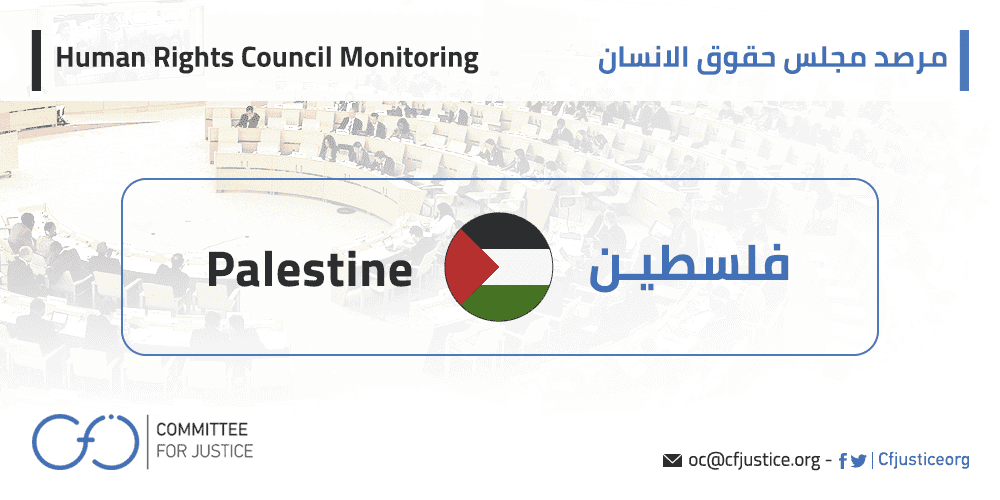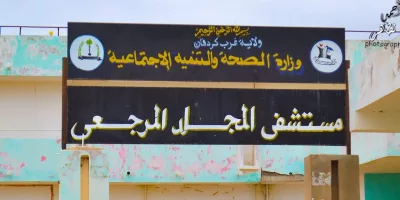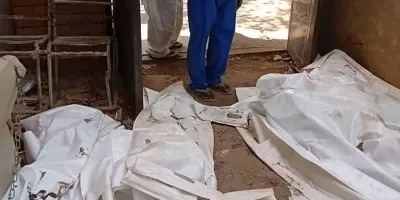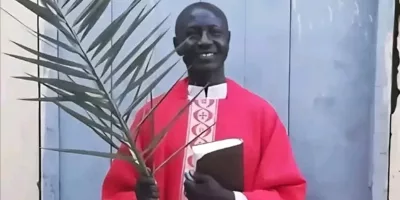News briefing
Translated and edited by: Committee for Justice
Geneva: May 9, 2022
United Nations human rights experts stressed that the new procedures for the entry and residence of foreigners in the West Bank region, which were recently approved by Israel, may have a negative impact on the enjoyment of academic freedom in the occupied Palestinian territory.
New restrictions to limit the number of researchers
The experts explained in a memorandum sent to the Israeli authorities on April 29, 2022, which has not been yet responded to, that in February 2022, the Coordination of Government Activities in the Territories (“COGAT”), a body responsible for coordination and liaison with the Palestinian Authority and reports to the Ministry of Defense, issued a new directive regulating application procedures for foreigners who wish to obtain permits to enter and reside in the Occupied Palestinian Territories for an academic purpose.
Experts added that Part 3 of the Procedure specifically sets out processes of issuing permits for “specific purposes”, including foreign lecturers, researchers and students in the field of higher education, and The Procedure gives COGAT extremely wide discretion to select and limit the number of foreign academics and students who can study and conduct research at Palestinian universities.
Experts noted that the Procedure sets an annual quota of 100 for foreign lecturers and researchers in “necessary fields” and 150 for foreign students. The criteria for determining “necessary fields” and approving permit applications of foreign lecturers and researchers are ambiguous and subject to wide interpretation, indicating that COGAT has unlimited discretion to select foreign students.
Restricted residence permits
The experts also stated that the initial residence permit of foreign lecturers and researchers, will be valid for one year and renewable for 27 months only once, and if they wish to stay beyond that period, they will have to leave the West Bank and wait for 9 months before applying for a new permit. The entire period of residence cannot exceed 5 years cumulatively. Similarly, foreign students are eligible to obtain a permit for a single academic year, which is renewable up to 27 months. They will have to leave the West Bank and apply for a new permit should they wish to stay beyond that period, but their stay must not exceed “a cumulative four years for any given degree, or a cumulative five years for a doctorate or post-doctorate”.
UN concerns about the restriction of academic freedom
The experts expressed their grave concern that this Procedure could restrict academic freedom, in violation of the right to education recognized in Article 13 of the International Convention on Economic, Social and Cultural Rights, to which Israel is a state party.
Experts stressed that if the Procedure is implemented, Palestinian universities would face undue restrictions in recruiting and attracting foreign lecturers and researchers, and fostering intellectual exchange at their institutions. Given that the Procedure sets a ceiling on a period of residency, it would also inhibit existing long-term academic projects and programs, or the planning of long-term research programs and activities, and undermine the existing accreditation, recruitment, appointment and promotion procedures at Palestinian universities.
UN demands from the Israeli authorities
The experts demanded the Israeli authorities to provide information on the criteria that will be used in the consideration of applications for entry and residence visas by lecturers, researchers and foreign students.
The experts also called on Israel to clarify whether and how lecturers, researchers and students can appeal COGAT’s decisions, if their applications for entry and residence are rejected.
The experts also wished to provide information on the rationale behind determining the number of permits issued annually to foreign lecturers, researchers and students, as well as the maximum period of stay.






